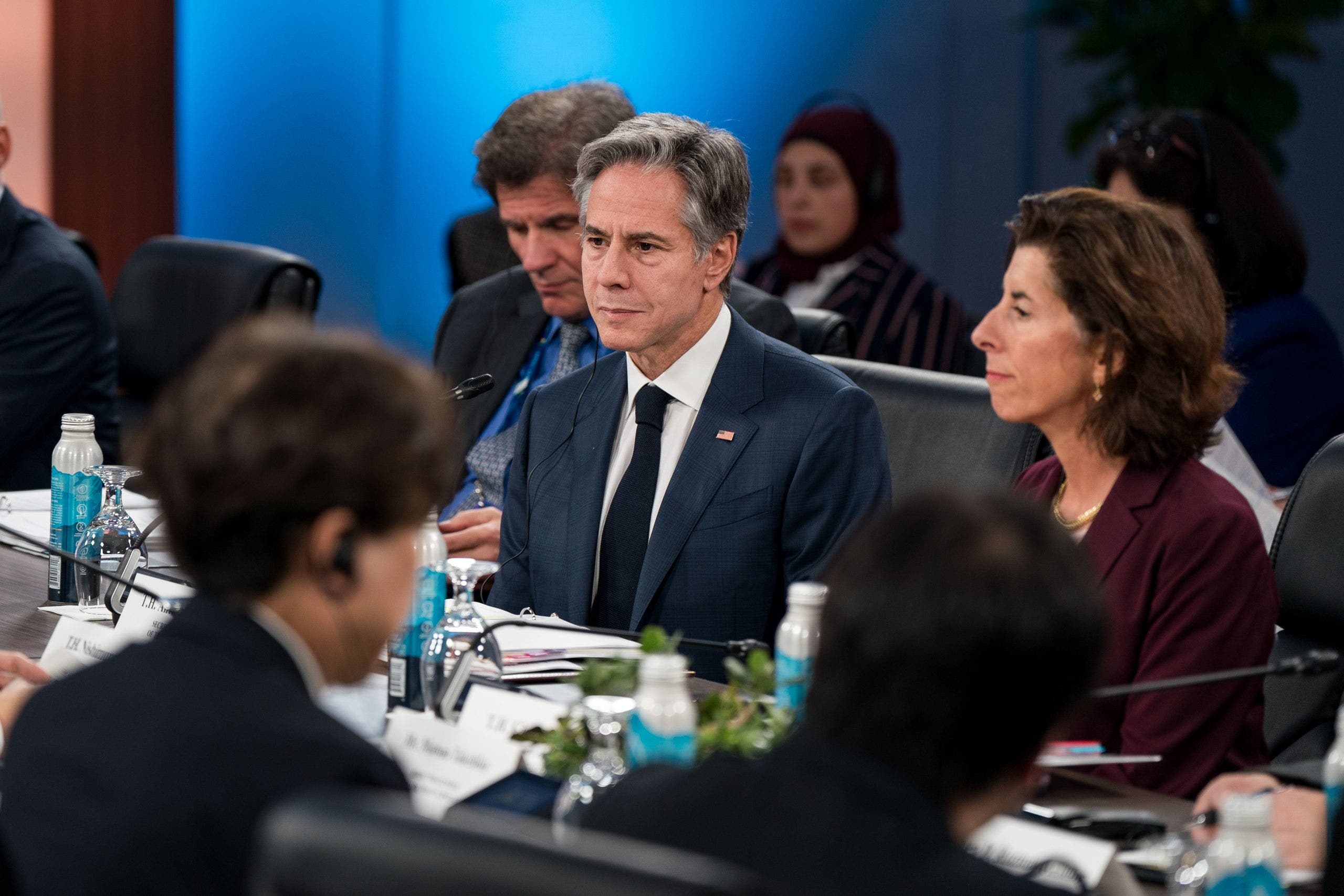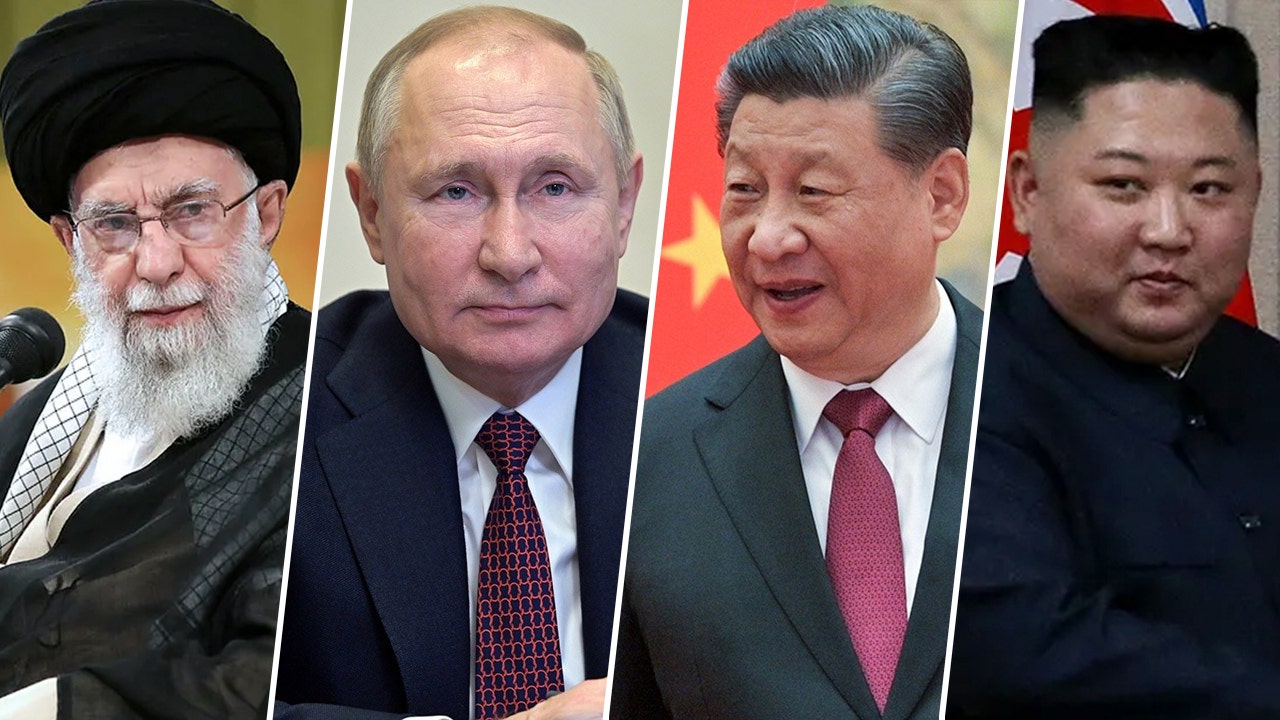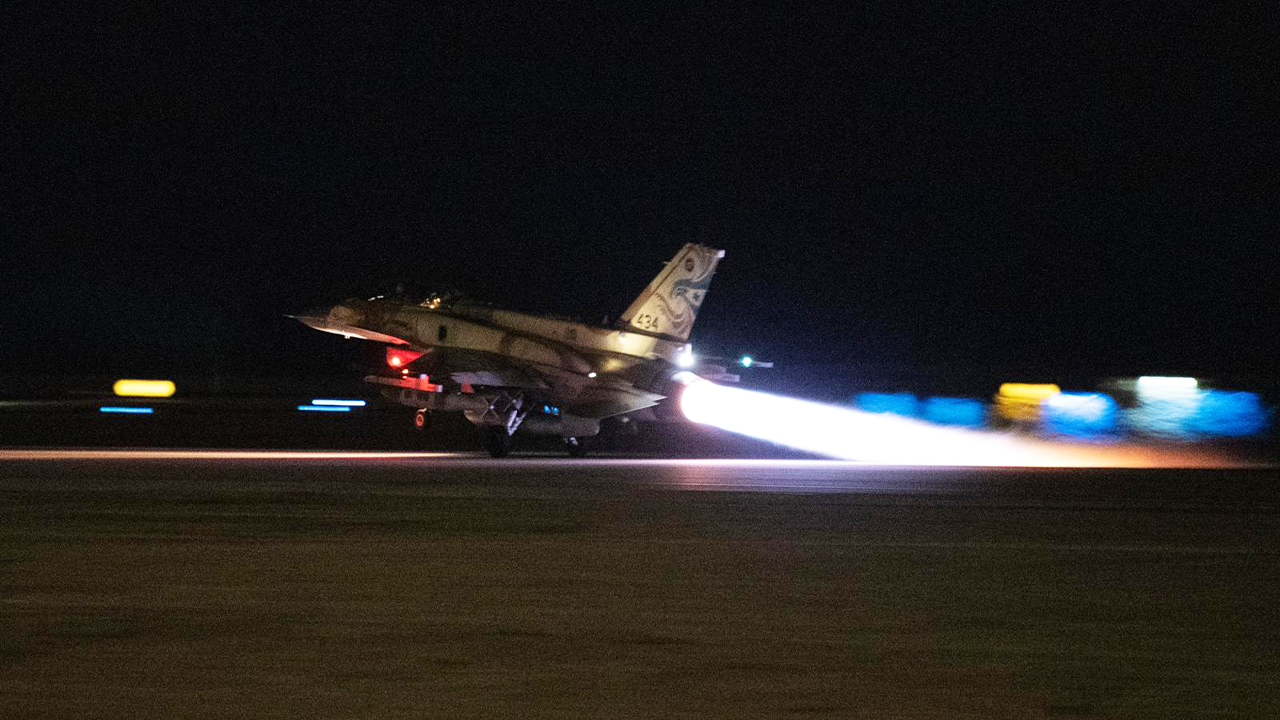It was “unacceptable” that the U.S. decision to withhold some weapons from Israel became public while the two governments still were discussing Israel’s planned offensive into the Gaza city of Rafah, the Israeli envoy to Washington said on Thursday.
The U.S. pause on some arms supplies to Israel “sends the wrong message to Hamas and to our enemies in the region,” Israeli Ambassador Michael Herzog told a Carnegie Endowment for International Peace webinar a day after U.S. President Joe Biden warned Israel for the first time that Washington would withhold weapons if Israeli forces launch a major offensive into Rafah.
Biden’s comments in a CNN interview were his strongest public warning to date in his effort to deter an Israeli assault on Rafah. They underscored a growing rift between the U.S. and its strongest ally in the Middle East.
NETANYAHU SAYS ISRAEL ‘WILL STAND ALONE’ IF NECESSARY AFTER BIDEN THREATENS TO WITHHOLD WEAPONS
Billions of dollars worth of U.S. weaponry remains in the pipeline for Israel, despite the delay of one shipment of bombs and a review of others because of U.S. concerns their use in Rafah could wreak more devastation on Palestinian civilians.
Israeli Ambassador to the U.S. Michael Herzog takes part in the commemoration of the 80th anniversary of the Warsaw Ghetto Uprising, at the Nozyk Synagogue in Warsaw, Poland, on April 19, 2023. It was “unacceptable” that the U.S. decision to withhold some weapons from Israel became public while the two governments still were discussing Israel’s planned offensive into the Gaza city of Rafah, the Israeli envoy to Washington said on Thursday. (REUTERS/Aleksandra Szmigiel/File Photo)
The U.S. has said it has not seen an Israeli plan to protect the estimated 1.4 million Palestinian civilians in Rafah, most of them displaced by fighting from other parts of the devastated Gaza Strip.
Herzog said Israeli officials had been discussing a Rafah operation for weeks with U.S. officials “and we told them point blank that we’re not going to move automatically into the urban area without first developing a plan for the population and implementing” that plan.
“We told the administration that what we are going to do is not time based, it is conditions based and we showed them our plans,” he continued.
“I think its unfortunate that before we completed this discussion…things went out in public in the sense that, you know, ‘Don’t do Rafah and if you do we withhold certain weapons,” Herzog said. “I might say as well it is unacceptable.”
Israel launched its offensive in Gaza following the Oct. 7 onslaught into Israel by Hamas fighters who killed some 1,200 people and took 252 hostages back into the seaside enclave.
Israel’s assault has killed nearly 35,000 Palestinians and wounded nearly 80,000, most of them civilians, Hamas-ruled Gaza’s health ministry says.
Herzog said the U.S. decision to withhold some weapons “puts us in a corner because we have to deal with Rafah one way or the other.”
To achieve its goal of destroying Hamas as a military and political force and eliminate its threat, Israel must defeat four battalions of Hamas fighters deployed in Rafah, he said.
“I don’t believe we can complete the job of defeating Hamas in Gaza without addressing this question,” Herzog said.




